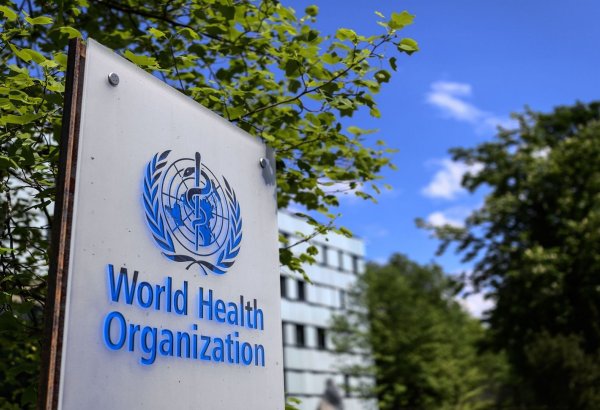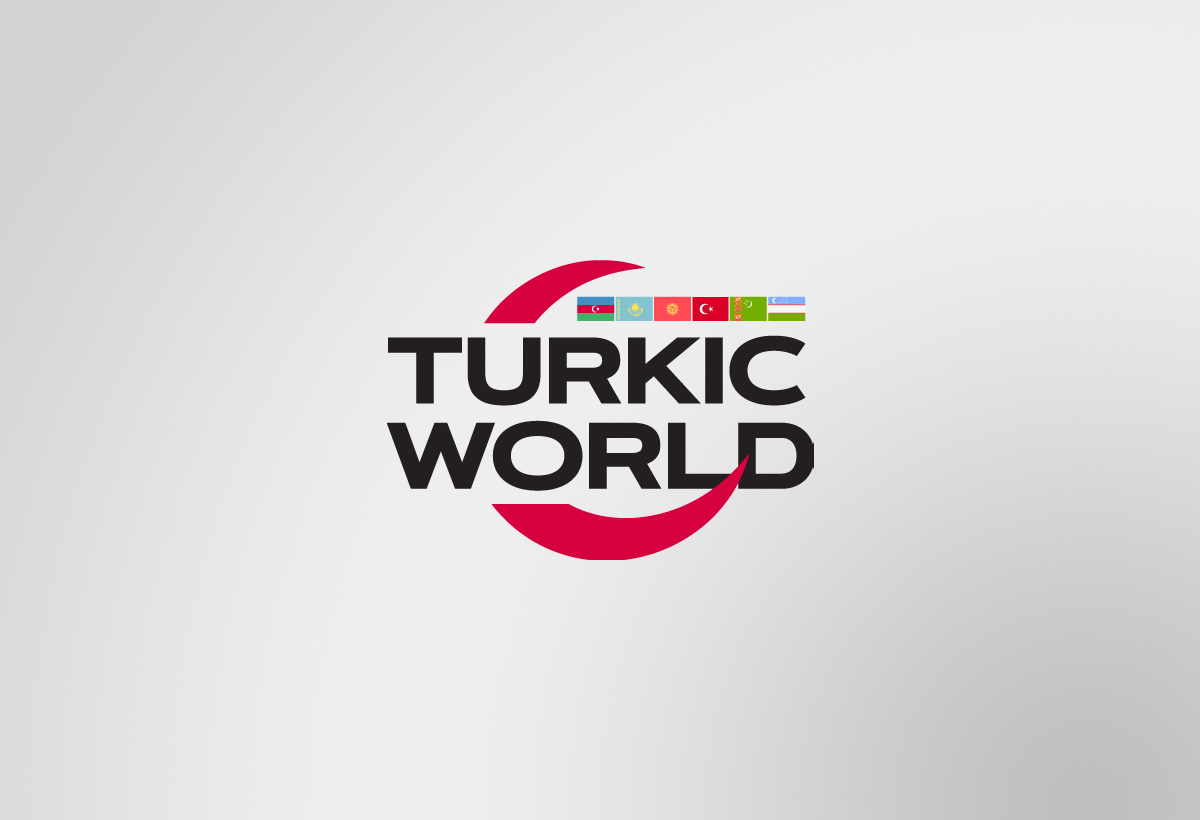BAKU, Azerbaijan, May 15. Most people in the WHO European Region consume far too much salt, and more than one in three adults aged 30-79 has hypertension - high blood pressure, say WHO/Europe report titled "Action on salt and hypertension", TurkicWorld reports.
According to the research, high salt intake raises blood pressure, which is a leading risk factor for cardiovascular diseases such as heart attacks and strokes.
"Cardiovascular diseases (CVDs) are the predominant cause of disability and premature death in the European Region, causing over 42.5% of all deaths annually. That means 10,000 deaths every day. Men in the Region are almost 2.5 times more likely to die from CVDs than women. There is also a geographic divide – the probability of dying young (30-69 years) from a CVD is nearly five times as high in Eastern Europe and Central Asia compared to Western Europe," says the report.
As Dr. Hans Henri P. Kluge, WHO Regional Director for Europe pointed out, CVDs and hypertension are largely preventable and controllable.
"Four million, a staggering figure, is the number of deaths caused by cardiovascular diseases every single year – primarily in men, particularly in the eastern part of our WHO region. These are the facts, but this is something we can change. We know what works, but time and time again, we fall short of implementing evidence-based approaches, resulting in unacceptably high levels of avoidable deaths. Implementing targeted policies to reduce salt intake by 25% could save an estimated 900 000 lives from CVDs by 2030," he explained.
Moreover, the research noted that almost all countries in the European Region (51 of 53) have an average daily salt intake above the WHO-recommended maximum level of 5 g (around one teaspoon) per day.
"High blood pressure is the leading risk factor for death and disability in the European Region, causing almost a quarter of deaths and 13% of disability. It usually has no symptoms, and if it remains uncontrolled it can have potentially devastating consequences such as heart attacks and strokes. The European Region has the highest blood pressure prevalence in the world," the WHO noted.
As such, the new WHO/Europe report suggests that mandatory policies should set limits on salt in foods and require clear labeling alongside public awareness campaigns to reduce salt intake. Despite opposition from the food industry, which profits from high-salt foods, these measures are crucial for public health and can save lives.
At the same time, effective hypertension management requires standardized treatment protocols, better access to essential medications, and user-friendly guidelines tailored to local contexts. Enhancing patient knowledge and prioritizing patient-centered care can improve medication adherence. Implementing gender-responsive policies can address inequalities in hypertension detection and control. Strengthening supply chain resilience ensures continuous treatment during emergencies.






















